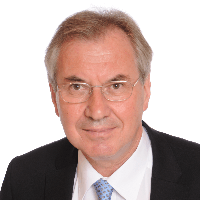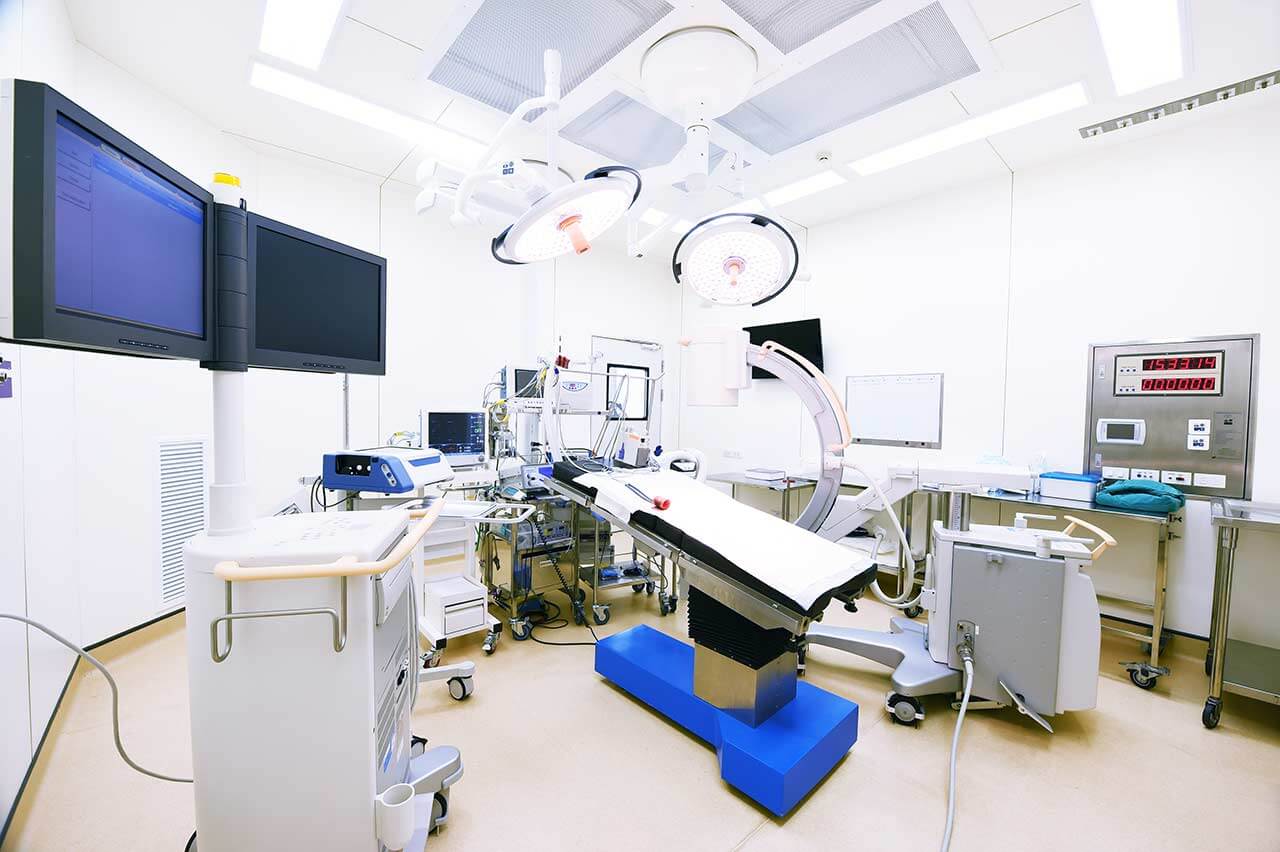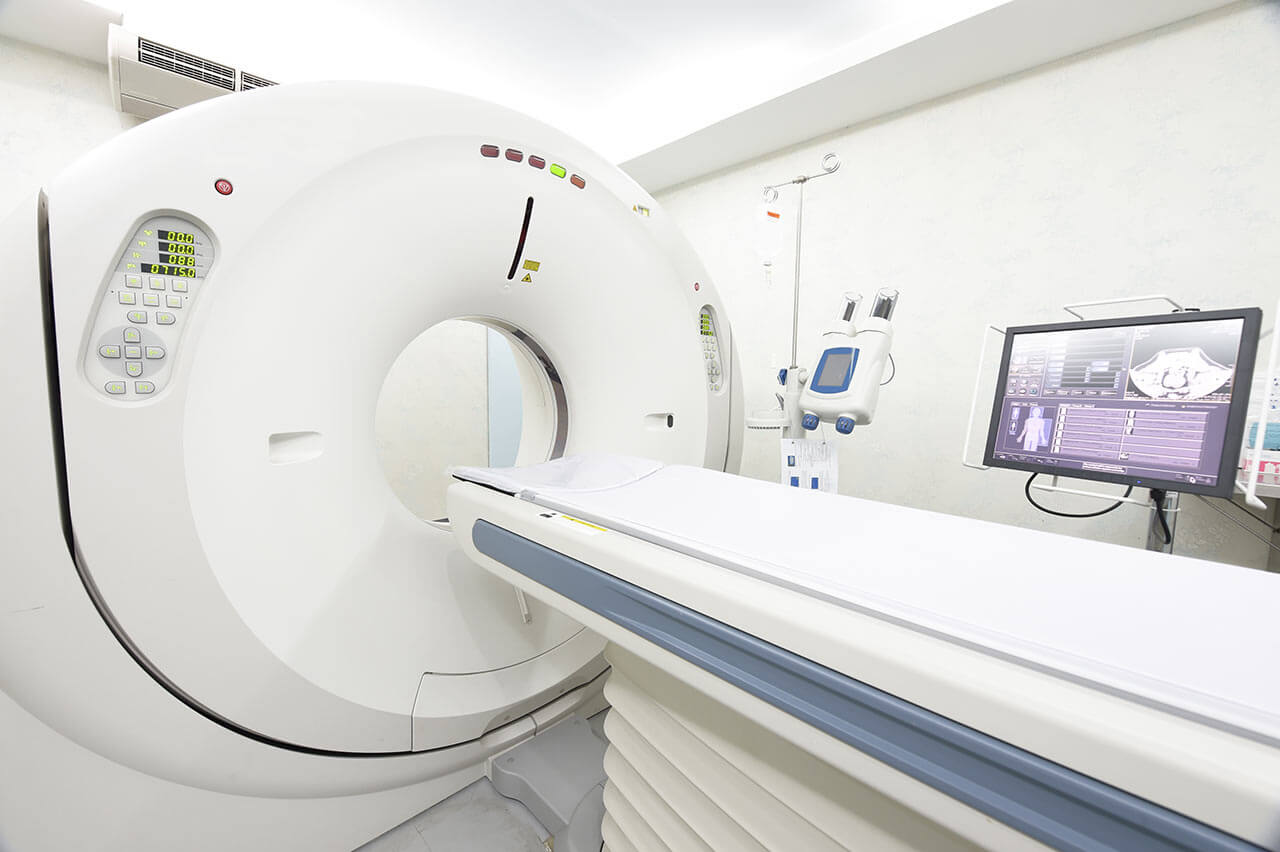
The program includes:
- Initial presentation in the clinic
- clinical history taking
- review of medical records
- physical examination
- laboratory tests:
- complete blood count
- general urine analysis
- biochemical analysis of blood
- inflammation indicators (CRP, ESR)
- indicators blood coagulation
- neurological examination
- functionality x-ray
- CT/MRI scan
- neuropsychological tests (on indications):
- ENMG (electroneuromyography)
- EEG (electroencephalography)
- SEPs (somatosensory evoked potentials)
- VEPs (visually evoked potentials)
- BAEP tests (brainstem auditory evoked potential)
- preoperative care
- microsurgical resection of acoustic neuroma
under neuronavigation - histologically examination of the remote tissues
- postoperative MRI control
- symptomatic treatment
- control examinations
- the cost of essential medicines and materials
- nursing services
- full hospital accommodation
- developing of further guidance
Required documents
- Medical records
- MRI/CT scan (not older than 3 months)
- Biopsy results (if available)
Service
You may also book:
 BookingHealth Price from:
BookingHealth Price from:
About the department
Tumor formation of the brain and spinal cord, vascular diseases of the central nervous system and degenerative diseases of the spine are also treated here.
A team of professionals consisting of physicians, physiotherapists, occupational therapists, speech therapists, nurses, and administrative staff are headed by a University Professor, MD Peter A. Winkler.
The clinic has several departments, such as:
- Department of Spine Diseases
- Department of Vascular Diseases
- Department of Hydrocephalus and Shunting
- Department of Tumor Diseases
The list of diseases and conditions which are treated in the clinic:
- Tumors of the brain and spinal cord
- Brain, skull injuries, and their consequences
- Bleeding in the brain and spinal cord
- Vascular diseases of the brain and spinal cord, such as aneurysms, vascular malformations, arteriovenous fistula, etc.
- Hydrocephalus
- Diseases of the spine
- Movement disorders such as Parkinson's disease and cerebellar tremor
- Pituitary diseases such as pituitary adenoma, craniopharyngioma, and Rathke Cleft Cyst
- Trigeminal neuralgia
- Epilepsy
- Neurological diseases in children
Thanks to the continuous professional development of physicians and medical staff, advanced technologies and treatment methods are used here. In the treatment of neurological diseases here applies microsurgery, neuronavigation, neuromonitoring, minimally invasive surgery, endovascular surgery, surgery of intervertebral discs, lumbar and cervical spine stabilization surgery, kyphoplasty, stereotactic and functional neurosurgery, epilepsy surgery, electrical stimulation of the vagus nerve.
Photo of the doctor: (c) Uniklinikum Salzburg
About hospital
University Clinic of Neurology specializes in the surgical treatment of acute and chronic diseases of the central and peripheral nervous system, its blood supply, and nerve sheaths, as well as in preoperative and postoperative care for patients. Tumor formation of the brain and spinal cord, vascular diseases of the central nervous system and degenerative diseases of the spine are also treated here.
Photo: (с) depositphotos
Accommodation in hospital
Patients rooms
The Salzburg University Hospital pays special attention to caring for its patients. The rooms have the facilities to guarantee the most pleasant stay for the patients. Each room has an en-suite bathroom with a shower and a toilet equipped to meet the needs of people with disabilities. The unique orthopaedic mattresses on the hospital beds provide the best support for the spine. The bedside stands can be easily transformed into a table. Be free to ask the medical personnel if you need to connect to the Internet.
The hospital offers single and double rooms. If you choose a single room, an accompanying person will be able to stay with you. A double room is shared with a patient of the same gender.
The enhanced comfort rooms are equipped with a safety box, a fridge and upholstered furniture.
Meals and Menus
The patient and the accompanying person are offered a daily choice of three menus. If you are on a specific diet for any reason, you will be offered an individual menu. Please inform the medical staff about your dietary preferences prior to the treatment.
Further details
Standard rooms include:
Religion
Christian priests are available for the patients at any time. Representatives of other religions may be requested at any time.
Accompanying person
Your companion may stay with you in your room or at a hotel of your choice during the fixed program.
Hotel
You may stay at the clinic hotel or a hotel of your choice during the outpatient program. Our manager will help you choose the best option.




